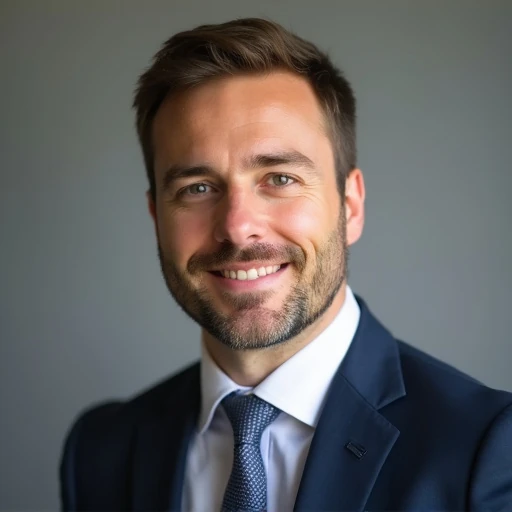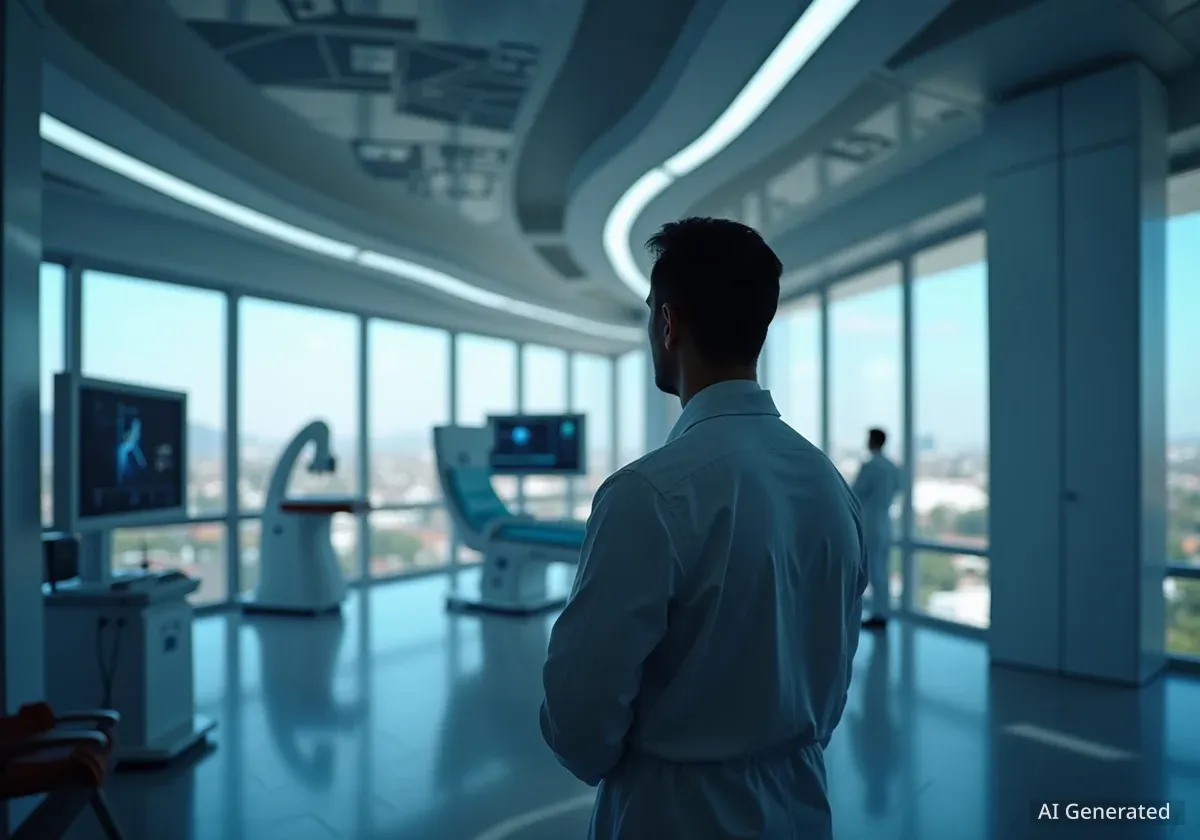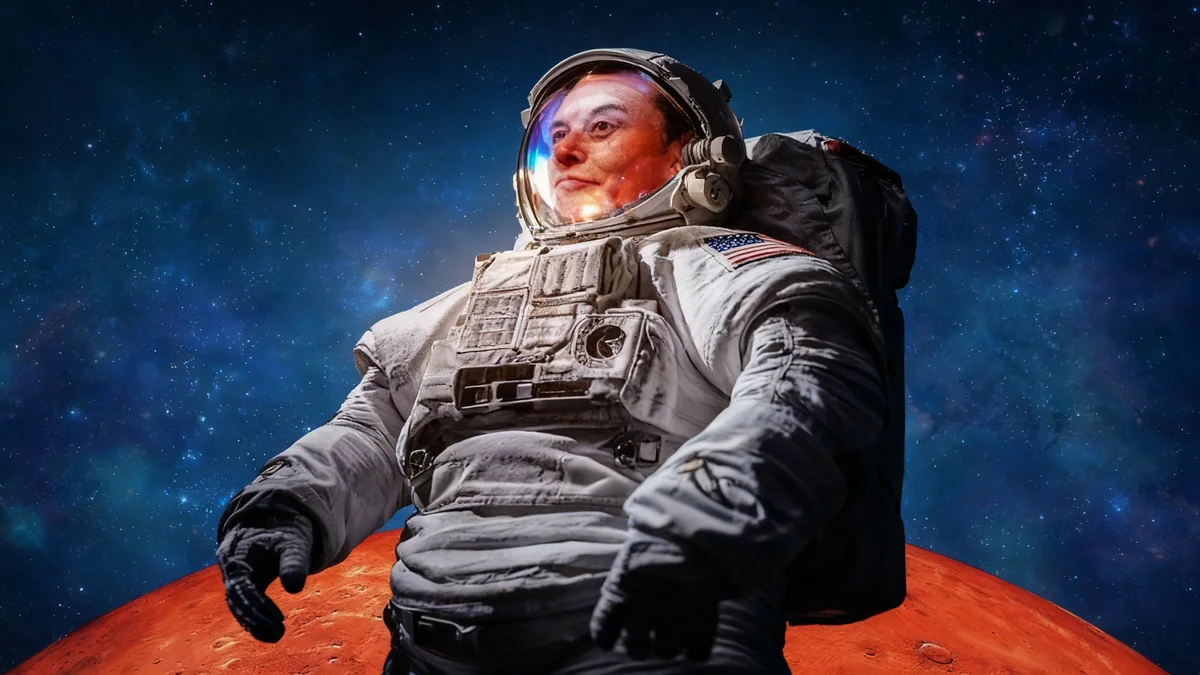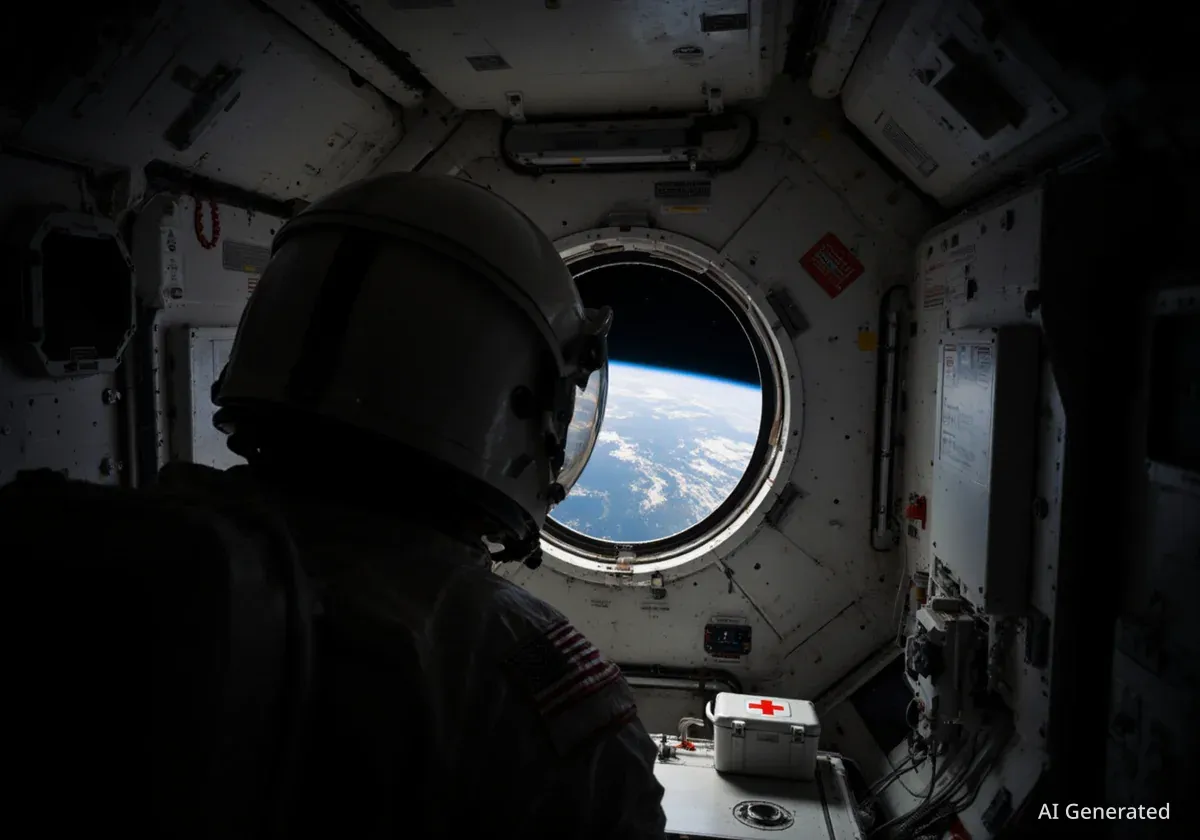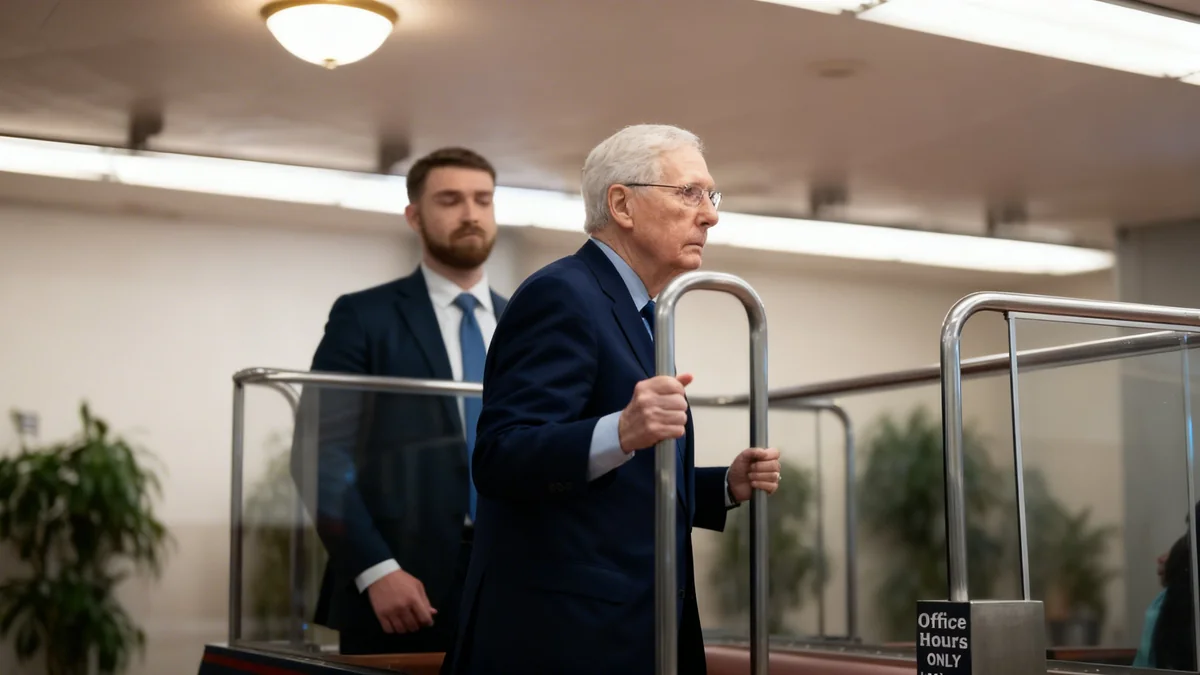Axiom Space has announced a new pilot program designed to refine training protocols for future commercial astronauts. The company has selected Emiliano Ventura, a Portuguese physiologist, to be the first participant in this initiative, named “Project Astronaut.” The announcement was made on September 30, 2025, at the International Astronautical Congress.
The program will test a new six-month training regimen developed from Ventura's expertise in human performance and sports science. The primary goal is to enhance preparation for the rigors of spaceflight and to conduct research on how the human body adapts to microgravity.
Key Takeaways
- Axiom Space has launched a pilot training program called “Project Astronaut.”
- Portuguese physiologist Emiliano Ventura is the first participant selected to lead the initiative.
- The program is a six-month protocol based on sports science to improve astronaut readiness.
- Veteran Axiom Space astronauts will train alongside Ventura to evaluate the new methods.
A New Approach to Astronaut Preparation
Axiom Space is developing its own commercial space station, with the first module scheduled for launch as early as 2026. As the company prepares for a future with more frequent private missions, it is focusing on optimizing how it prepares its crews for life and work in low Earth orbit.
“Project Astronaut” represents a significant step in this process. By integrating principles from high-performance athletics and physiology, the program aims to create a more efficient and effective training model for non-career astronauts. Emiliano Ventura will spearhead this effort, undergoing the full six-month protocol to test its effectiveness.
“I am honored to participate in Axiom Space’s first Project Astronaut initiative, combining my expertise in human performance with astronaut training,” Ventura stated. “This program not only advances scientific research but also inspires the people of Portugal and the global community to engage with the future of space exploration.”
Ventura's involvement is intended to provide direct, science-driven feedback on the training process. The long-term goal is for him to fly on a future space mission, where he can apply his physiological knowledge to conduct first-hand research in a microgravity environment.
The Science of Performance in Space
Emiliano Ventura is the director of the Motor & Sport Institute (MSI) Bio Performance Center in Portugal. His work focuses on optimizing the physical and cognitive capabilities of elite athletes, an expertise that Axiom Space believes is directly transferable to astronaut training.
The MSI Bio Performance Center is already an established European partner for Axiom Space. The facility provided support during the pre-flight quarantine period for the Axiom Mission 3 (Ax-3) crew, which launched in January 2024. During that time, Ventura worked directly with crew members, including Ax-3 Mission Specialist Marcus Wandt.
Comprehensive Training Regimen
The six-month “Project Astronaut” protocol is designed to simulate various aspects of a space mission. Key training components will include:
- Centrifuge Runs: To acclimate the body to high G-forces experienced during launch and reentry.
- Parabolic Flights: To provide brief periods of weightlessness for microgravity training.
- Altitude Chamber Sessions: To simulate the low-pressure environments of a spacecraft cabin.
- Outdoor Leadership Exercises: To build teamwork and decision-making skills under pressure.
- Spacesuit Operations: To practice tasks while wearing bulky and restrictive extravehicular activity (EVA) suits.
This comprehensive approach is designed to prepare future astronauts not just physically but also mentally for the demanding conditions of space.
Integration with Veteran Astronauts
To ensure the new training program meets the highest standards, Ventura will not be training alone. Experienced Axiom Space astronauts, including Chief Astronaut Michael López-Alegría, Peggy Whitson, and Koichi Wakata, will participate alongside him.
This integrated approach allows Axiom's veteran spaceflyers to evaluate the new protocols in real-time and provide feedback based on their extensive flight experience. According to the company, at least one of these seasoned astronauts will be present at every major training event.
“Project Astronaut embodies Axiom Space’s dedication to mission readiness and continuous improvement,” said Michael López-Alegría. “Emiliano is the perfect candidate to lead this pilot program given his unique combination of expertise in human performance and extensive experience training previous crew members. By integrating his research into our training programs, we are enhancing our future astronaut corps’ capabilities both on the ground and in space.”
This collaboration between a human performance expert and veteran astronauts is central to the program's philosophy. It combines cutting-edge sports science with decades of practical spaceflight knowledge to set a new standard for the commercial space industry.
The Future of Low Earth Orbit
This initiative comes at a critical time for human spaceflight. The International Space Station (ISS) is expected to be decommissioned around 2030, opening the door for commercial space stations to take its place. Axiom Space is a leading contender to fill this role with its planned Axiom Station.
Paving the Way for Commercial Space Stations
Axiom Space has already demonstrated its capability to manage end-to-end human spaceflight missions. The company was awarded contracts by NASA to conduct the first four private astronaut missions to the ISS. With Axiom Mission 4 completed in the summer of 2025, the company has built a strong record of operational success.
As NASA assesses proposals for its fifth and sixth private missions, the future destination for astronauts like Ventura remains flexible. While he could fly to the ISS, it is also possible he could be among the first crew members to visit the Axiom Station once it becomes operational.
Programs like “Project Astronaut” are crucial for building a sustainable human presence in low Earth orbit. By developing robust and repeatable training systems, Axiom Space is preparing for a future where access to space is more common for researchers, explorers, and private individuals from around the world.
The selection of a specialist in human physiology underscores a key challenge of long-duration spaceflight: understanding and mitigating the effects of microgravity on the body. Ventura's direct involvement in both developing the training and potentially flying to space represents a vertically integrated approach to solving this challenge.
